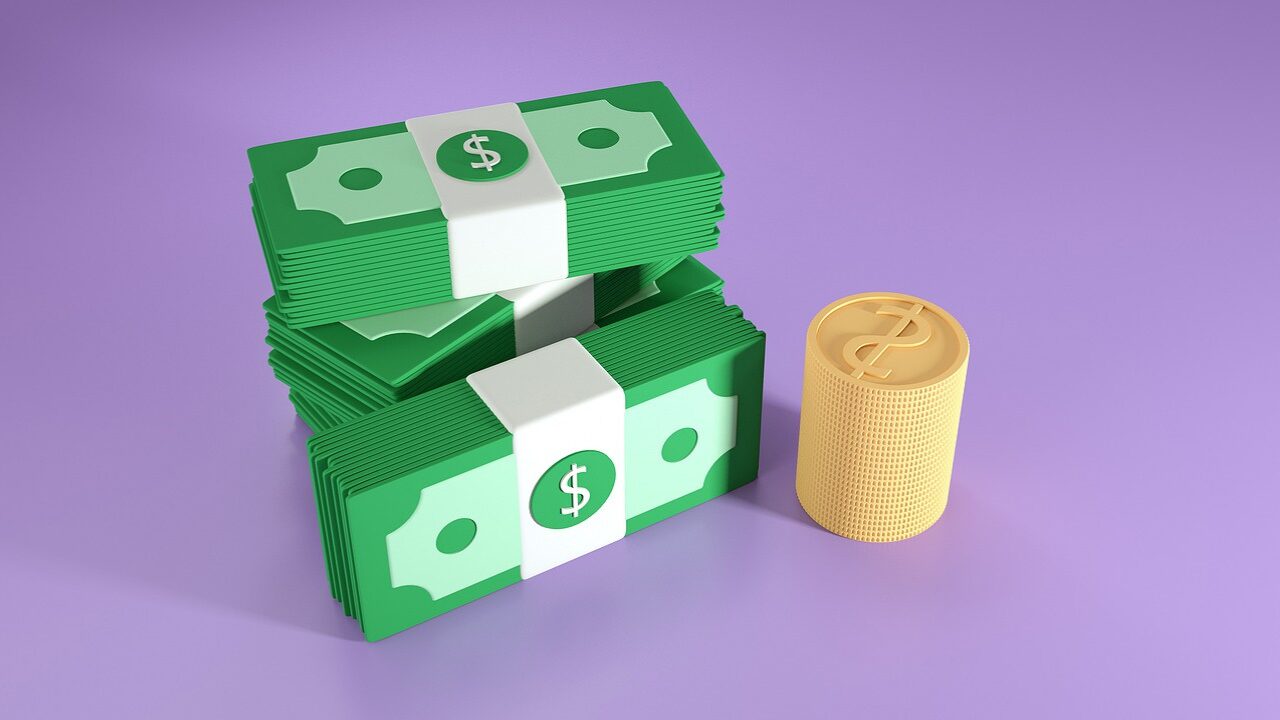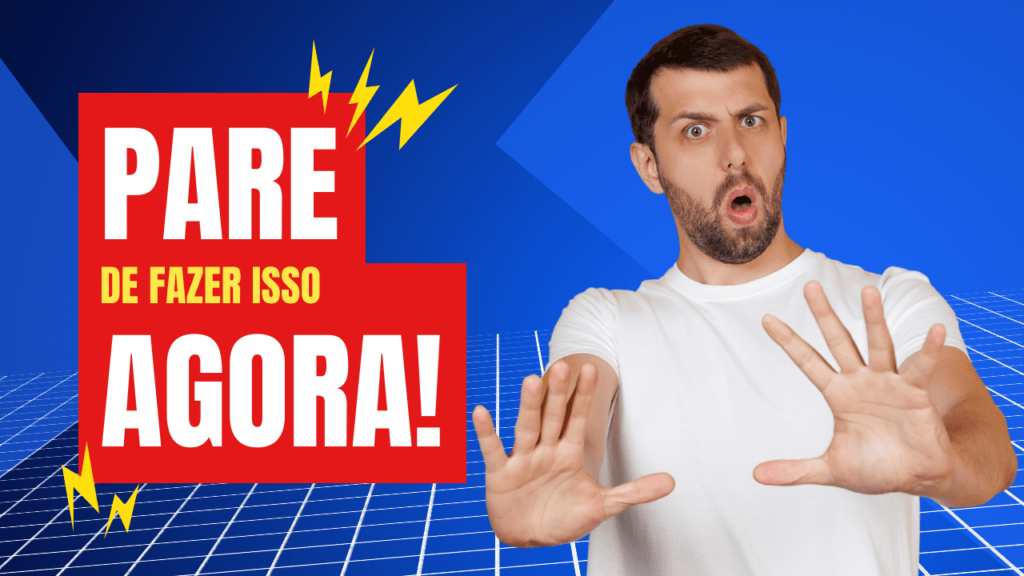The mental triggers are proven techniques for subtly and efficiently influencing decision-making. They are not based on deception, but on highlighting real and relevant aspects of the product or service to generate an emotional response in the consumer. Understanding how and when to use these triggers can transform your marketing strategies, increasing the effectiveness of your campaigns and boosting your conversions. Below, we'll explore the main mental triggers and how to apply them to get the best results.
Mental triggers
I chose these mental triggers because they are proven strategies that effectively influence consumer decision-making. They tap into emotional and psychological aspects that impact our way of acting, making them essential for creating more engaging and persuasive marketing campaigns. Each of these triggers has been selected for its ability to generate an immediate response, increase interest in the product or service and facilitate conversion. Understanding and applying these triggers helps establish a deeper connection with your audience, turning visitors into loyal customers.
1. scarcity: "I had to lose in order to appreciate"
Scarcity is one of the mental triggers more powerful. When something is perceived as rare or limited, its attractiveness increases. For example, a product with limited stock or an event with few places creates a sense of urgency that motivates the consumer to act quickly.
Example"There are more than 10,000 people interested, but only 100 places available for the course."
2. Urgency: Quick Decisions for Unique Opportunities
Urgency leads consumers to make decisions quickly so as not to miss an opportunity. This trigger is often used in limited-time promotions, such as important commercial dates.
Example: "Last hours of Black Friday - only until Friday at 23:59 to secure your discount!"
3. Authority: Gains Respect and Credibility
When a person is recognized as an authority on a subject, their words and actions are taken more seriously. Demonstrating experience, sharing achievements and generating relevant content are all ways of building authority.
4. Reciprocity: Offer Value for Free
The principle of reciprocity suggests that people tend to reciprocate when they receive something free of charge. Offering quality free materials increases trust and makes the public feel "owed" in some way, which facilitates conversion.
5. Social Proof: The Power of Collective Approval
People are influenced by the opinions of others, seeking validation for their choices. Showing that many people have already opted for a product or service reinforces the perception of value.
Example: "A full restaurant has queues, and an empty one doesn't. The crowd is a sign of quality."
6. Clarity of Motive: Explain Why
We all want to understand the reason behind a decision. Explaining why you are offering something helps to increase consumer confidence and motivate action.
7. Anticipation: Projections for Future Happiness
Anticipation activates areas of the brain linked to reward and happiness. Announcing future events or products can create a positive expectation that drives the consumer to act before the launch.
Example: "Buy your dream trip and start imagining yourself on the beach."
8. Novelty: Attracting with the New
When we come across something new, there is an increase in dopamine, a neurotransmitter that generates pleasure. Informing people about news, launches and updates can arouse interest and curiosity.
9. Pain vs. Pleasure: The Instinctive Human Motivation
People are motivated both by avoiding pain and by seeking pleasure. However, we tend to avoid pain more than we seek pleasure.
10. Disregard: Attract Without Despair
Showing that you're not desperate for a sale can increase the customer's desire for the product. However, it is essential to be careful not to appear arrogant or indifferent.
11. Commitment and Consistency: Commit to Deliver
When a person makes a commitment, however small, they tend to stick to it. This can be exploited in marketing strategies that encourage the first step, such as free subscriptions or product trials.
12. Paradox of Choice: Simplify to Decide
Too many options can paralyze the consumer. The simpler the choice, the greater the likelihood of conversion.

13. History: Connect with Narratives
Storytelling is an effective way of creating empathy and making the public feel part of the narrative. A good story can make the consumer see themselves as the protagonist, connecting emotionally.
14. Simplicity: The Easy Way is the Preferred Way
Show your audience that your solution is easy to follow and executable. Demonstrate that anyone can succeed with your method, regardless of previous experience.
15. Reference: Contextualize your Product
The perceived value of a product is often relative. Using comparisons and references can help the customer understand that an offer is advantageous.
16. Curiosity: Awaken the Desire to Know More
Instigate your audience's curiosity with intriguing titles and messages such as "what nobody told you about..." or "discover the secret of..."
17. Common Enemy: Unite Against an Adversary
Presenting a common enemy and creating the idea that your solution is the alternative is a way of creating empathy and encouraging action.
Example: "What banks don't want you to know about fees."
18. Guarantee: Reduce the Fear of Losing Out
A satisfaction guarantee reduces the perceived risk and the pain of leaving the comfort zone. Ensure that if the purchase doesn't meet expectations, the customer can get their money back.
19. Similarity: Connect with Those Who Are Like You
People prefer to connect with those who share similar values and experiences. Demonstrating that you understand your audience and have common ground can facilitate conversion.
20. Exclusivity: Attract with the Feeling of Privacy
Offering something exclusive creates a sense of empowerment and belonging.
21. Surprise: Create Expectation and Admiration
Surprising the public with something unexpected, whether it's a bonus or a special offer, can increase loyalty and the desire to buy.
Conclusion
The intelligent use of mental triggers can significantly increase your conversion rates, whether in emails, social media posts or ads. Incorporating these triggers into your marketing strategies and communication helps to create an emotional connection with the public, making your campaigns more persuasive and effective. Test and discover how each of these triggers can boost your business.


